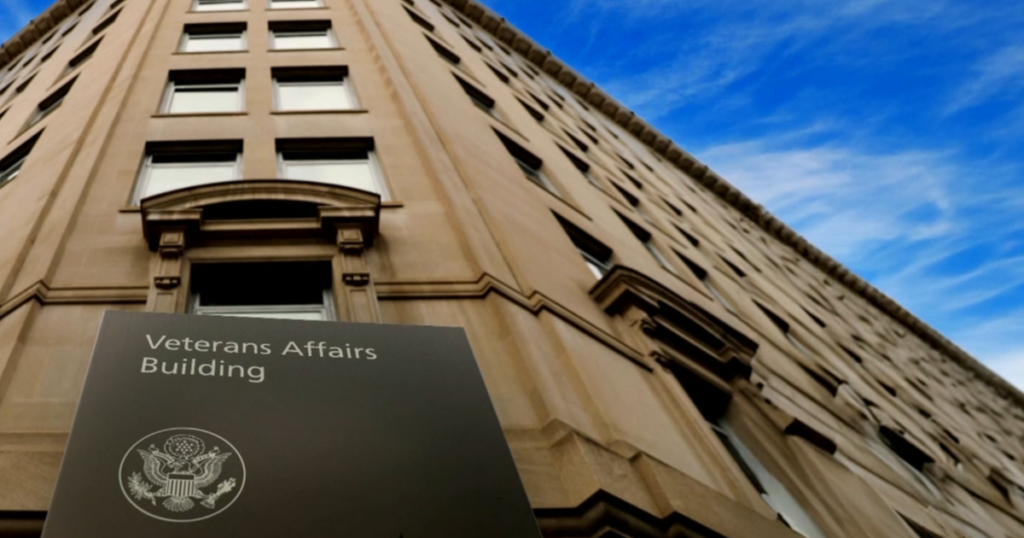Houston — The Army is written all over Wendy Smith’s Houston, Texas, home. Even her dog is named Sergeant.
Smith was a mechanic in the Gulf War. During her service from 1989 to 1991, she says she was sexually assaulted. The aftermath included a turn to drugs and alcohol that resulted in her being forced out of the Army. She then spent several months in prison for cocaine possession.
“I just lost everything,” Smith told CBS News.
She turned to the Department of Veterans Affairs in Houston to get sober. Now, she works as a patient escort at Houston’s Michael E. DeBakey Veterans Affairs Medical Center.
Earlier this month, the VA announced it would cut roughly 72,000 workers, or about 15% of its agency, with the goal of returning its staffing to 2019 levels, when it had just under 400,000 employees. It is part of President Trump’s overarching efforts to reduce the federal workforce through the White House’s Department of Government Efficiency, or DOGE.
“Mondays and Fridays are our busiest days,” Smith said. “Man, now every day feels like Monday and Friday combined.”
As Smith has seen colleagues let go and staffing levels reduced, appointment wait times have risen. Veterans can now be forced to wait up to four months for an appointment across the board for services ranging from a physical checkup to therapy and counseling.
“The help is there, and then the staff is not anymore,” Smith said.
Nationwide, more than nine million veterans get physical or mental health care from the VA, according to the agency’s own data. Texas has at least 1.4 million veterans, the VA says, the most of any state.
The nonprofit Grace After Fire, which provides services to women veterans and their families, handles overflow from the VA, specifically connecting women to alternative resources.
Smith says that without Grace After Fire, she “wouldn’t be here. I probably would have committed suicide, or OD’d.”
Tana Plescher, president of Grace After Fire, began serving in the Navy at age 19. As a medical specialist, Plescher responded to 9/11 and was later deployed to the Iraq War.
“A terrible thing to see humanity fall the way that it did,” Plescher said of her experiences in war.
Decades later, Plescher still takes medication for post-traumatic stress disorder and depression. With the VA cuts, she worries about mental healthcare for other veterans.
She fears that if veterans aren’t able to make appointments and get seen quickly enough, the “veteran suicide rate is going to go up.”
Grace After Fire gets most of its funding from the state of Texas. And while that funding has not been cut, some state partnerships have pulled back because, according to Plescher, the nonprofit is considered by some as a DEI organization due to its exclusive work with women.
Says Plescher, “We don’t want to be labeled. We served, and we served proudly.”
If you or someone you know is in emotional distress or a suicidal crisis, you can reach the 988 Suicide & Crisis Lifeline by calling or texting 988. You can also chat with the 988 Suicide & Crisis Lifeline here.
For more information about mental health care resources and support, The National Alliance on Mental Illness (NAMI) HelpLine can be reached Monday through Friday, 10 a.m.–10 p.m. ET, at 1-800-950-NAMI (6264) or email info@nami.org.
